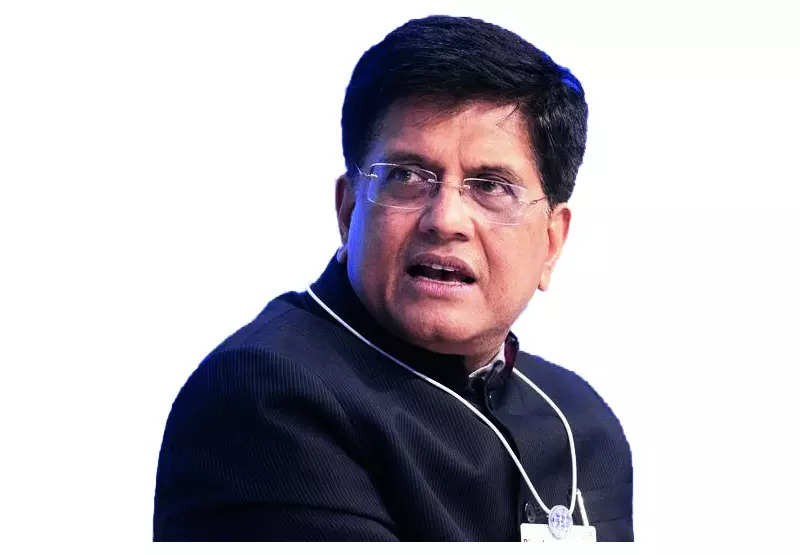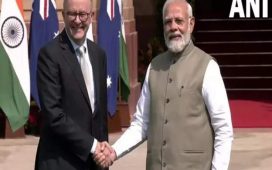The country will also raise the issue of the European Union’s Carbon Border Adjustment Mechanism (CBAM) at the WTO and bilaterally with the EU, Goyal said at the Raisina Dialogue 2024 here.
“There are attempts to include issues in the WTO that are not part of world trade, and India will try to ensure that the guiding principles of WTO are maintained,” he said.
Delegates from 164 countries will discuss agriculture, fisheries and the moratorium on imposing customs duty on ecommerce trade among other issues at the 13th WTO Ministerial Conference (MC13) in Abu Dhabi from February 26 to 29.
“WTO is important for a fair and robust multilateral trading system,” Goyal said, noting that the intergovernmental organisation needs to be made stronger with reforms.
The minister especially highlighted the issue of CBAM, which the EU will introduce in 2026 as a mechanism to prevent ‘carbon leakage’, assuring stakeholders that the government was conscious of the challenges.According to experts, the EU’s carbon border tax is expected to increase costs and reduce competitiveness. “The implementation of CBAM is poised to have an adverse effect on the economic performance of enterprises operating within India’s energy-intensive and trade-exposed (EITE) industries,” research organisation CSEP highlighted in a working paper, assessing a 2.9% reduction in export earnings for steel and iron industry last year.Goyal also emphasised the need for India to become part of global value chains and become self-reliant. A large domestic market coupled with the nation’s ability to innovate will make India the best destination for investments, he said.
The minister made a call for bringing various issues, especially the dispute resolution mechanism, to a conclusion.
(You can now subscribe to our Economic Times WhatsApp channel)











